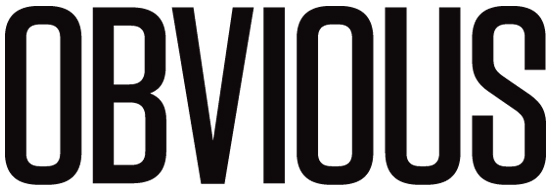 Learn how to Protect Your Health and Wealth with the Right Insurance Policy.
Learn how to Protect Your Health and Wealth with the Right Insurance Policy.
It’s not the sexiest topic to talk about but it is something that everyone needs. Like it or not, we all need life insurance to secure the future of our family when we pass away. Without the right type of insurance, we can leave our family with a legacy of debt instead of wealth.
Knowing the different type of insurance policies is important to make sure that you satisfy both your short term and long term needs. Depending on your needs, the two most popular life insurance policies are Term and Whole Life Insurance…
Term Life Insurance
– provides coverage at a fixed rate of payments for a limited period of time, the relevant term. After that period expires coverage at the previous rate of premiums is no longer guaranteed and the client must either forgo coverage or potentially obtain further coverage with different payments and/or conditions. If the insured dies during the term, the death benefit will be paid to the beneficiary. Term insurance is the most inexpensive way to purchase a substantial death benefit on a coverage amount per premium dollar basis.
Pros:
- Inexpensive coverage
- Family can get a large death benefit within shorter period
Cons:
- No death benefit if policy holder dies after term period
- Term insurance builds no cash benefit to borrow against
Whole Life Insurance
– is a life insurance policy that remains in force for the insured’s whole life and requires premiums to be paid every year into the policy. Whole life insurance became popular when policy holders of term insurance did not like the fact that they can pay into a policy for 20 – 30 years and still end up with no coverage if the policy holder dies after it expires.
This policy offers a “cash value” which was designed to be cash reserve that will build up against the death benefit claim. This policy will also credit interest to the cash value account and upon maturity will equal the death benefit. The cash value can be used for investment capital and its access is tax free up to the point of total premiums paid, and the rest may be accessed tax free in the form of policy loans. If the policy lapses, taxes will be due on outstanding loans. If the insured dies, death benefit is reduced by the amount of any outstanding loan balance.
Pros:
- Lifetime coverage
- Builds cash value that can be borrowed against
- Policy can pay for itself after a long time period of being in effect
Cons:
- Paying into policy for a lifetime
- Time period needed to build cash value
“It is wise to know all of your life insurance options when seeking coverage for you and your family,” states Pernon Dunston, a leading insurance agent for National Allotment. “Understanding the ins and outs of your insurance policy can both build and protect your wealth.”
For more information, you can e-mail Pernon Dunston at [email protected]







![16 Things Every Model Should Have In Their Model Bag. [Updated] No Model Bag? A model bag should be something that every model has prepared and takes to each and every job. Unforeseen things happen and coming to a photo shoot prepared is the key to peace of mind. Link in bio or www.obviousmag.com #nyfw 📷 John for Serene Silence on Flickr. 16 Things Every Model Should Have In Their Model Bag. [Updated] No Model Bag? A model bag should be something that every model has prepared and takes to each and every job. Unforeseen things happen and coming to a photo shoot prepared is the key to peace of mind. Link in bio or www.obviousmag.com #nyfw 📷 John for Serene Silence on Flickr.](http://scontent.cdninstagram.com/t51.2885-15/s640x640/sh0.08/e35/14240565_1734673363416734_178371269_n.jpg?ig_cache_key=MTMzNzkxODU4MzkzODAxMDIzMA%3D%3D.2)
!["More than 80% of my social media following and surprisingly people I have not spoken to in years were supportive [about coming out]." - SELLAH
SELLAH (@iamsellah) is artistic, unapologetic, well-traveled and determined to change the conversation about out gay recording artist. This military brat has a lot to say and it's worth a listen. Read the interview at obviousmag.com. Clink link in bio. "More than 80% of my social media following and surprisingly people I have not spoken to in years were supportive [about coming out]." - SELLAH
SELLAH (@iamsellah) is artistic, unapologetic, well-traveled and determined to change the conversation about out gay recording artist. This military brat has a lot to say and it's worth a listen. Read the interview at obviousmag.com. Clink link in bio.](http://scontent.cdninstagram.com/t51.2885-15/s640x640/sh0.08/e35/c0.135.1080.1080/14310616_942068255902687_77710047_n.jpg?ig_cache_key=MTMzNzg1NjAwODk3NDA4NjEzOA%3D%3D.2.c)














NO COMMENT